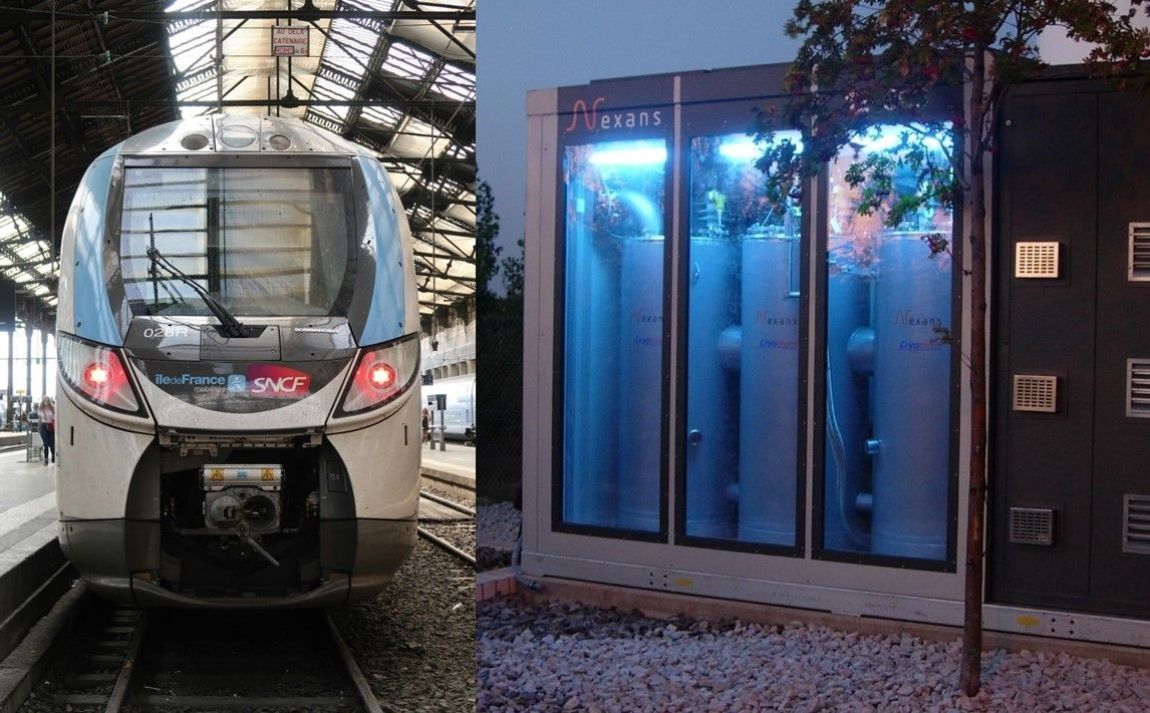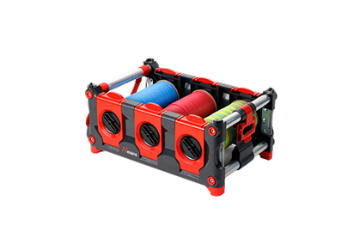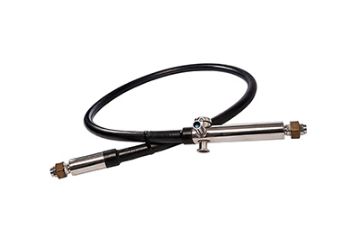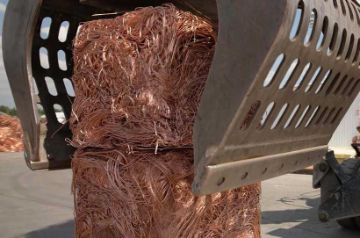- Markets
- Products
- Services
- News
- Tools & Resources
- About Nexans
- Search
- Contact us
- Compare
- Sign in
Superconductivity
Nexans and SNCF Réseau revolutionize rail safety with an innovative superconducting fault current limiter
Jun 27, 2024
- Nexans and SNCF Réseau are once again joining forces in superconductivity to increase the safety and reliability of the rail network.
- Developed by Nexans and installed by SNCF Réseau, the superconducting fault current limiter (SFCL) is a world first on the rail market. It limits disruptions to the power supply of the rail network using a standalone system to reduce short-circuit currents.
- Designed to supply power for trains in the Belfort area (Burgundy-Franche-Comté region in France), this innovative limiter improves the availability of electrical installations.
Paris, June 27, 2024 - Nexans, a leader in the design and manufacture of cable systems and services, is forming a unique partnership with SNCF Réseau, infrastructure manager of the French rail network, to deploy a superconducting fault current limiter. This technological innovation will secure and optimize electric rail traction on the line between Belfort and Delle, including the cross-border link with Switzerland.
A revolutionary solution for a more efficient rail network
Railway power grids are under growing pressure, with the continuing expansion of rail traffic and the upgrades to equipment. Power surges and short-circuits can cause major disruptions. To address this challenge, Nexans and SNCF Réseau have joined forces to deploy an innovative superconducting current limiter (SFCL).
Developed by Nexans, and integrated with the Bussurel substation, a strategic location identified by SNCF Réseau, the SFCL is able to reduce short-circuit currents in standalone mode, regenerating in less than five minutes, without human intervention.
This revolutionary technology offers several advantages:
- Improved network reliability and safety. The SFCL acts as a shock absorber in the event of a problem, limiting current peaks and disruptions to the network when short circuits occur.
- Optimized infrastructures. In the long term, the SFCL could pave the way for smaller electric traction installations, thereby cutting rail infrastructure costs, while supplying power for more trains.
- Better service. The SFCL avoids the need for rail works that are inconvenient for users, providing an efficient, cost-effective solution with no impact on the traffic schedule.
More information about superconducting systems:
A partnership to support the energy transition in rail transport
Faced with the need to modernize power grids and meet growing demands for energy, Nexans is positioning itself as a leader in the development of revolutionary superconductor technologies. These innovations will completely transform the electrification of transport and power distribution, paving the way for a more sustainable, high-performance energy future.
Nexans' vision is based on a network of interconnected superconductor systems, able to meet tomorrow's energy challenges. This ambition is reflected in iconic projects such as the superconducting fault current limiter deployed on the Belfort-Delle line, a milestone in the collaboration between the two players, as well as the SuperRail project, to power the Montparnasse-Vouillé substation with superconducting cables. These partnerships illustrate the commitment made by the two players to innovation and sustainable development.
More information about superconducting systems:
“ We are proud to be working with SNCF Réseau on deploying this innovative solution to the rail industry. The fault current limiter developed by Nexans reflects our ongoing commitment to addressing technological challenges and contributing to the safety and reliability of the power grid. Every day, Nexans’ innovation teams take up the challenge of sustainable electrification, developing innovative solutions to support the growth of rail traffic. ”
Jérôme Fournier
Corporate Vice President, Innovation, Services and Growth at Nexans“ This project is part of the innovation strategy implemented by SNCF Réseau to make rail transport more efficient and more sustainable. Through this partnership with Nexans, we are able to implement cutting-edge technological solutions for the benefit of our customers and the environment. ”
Hervé Caron
Superconductor Technology Manager at SNCF RéseauDeployment of the superconducting fault current limiter is scheduled for late 2025. This project is a major step forward in rail electrification, paving the way for further innovations to make transport safer, more reliable and more sustainable.
Related documents
Our websites
Select your country to find our products and solutions
-
Africa
- Africa
- Ghana
- Ivory Coast
- Morocco
- North West Africa
- Americas
- Asia
- Europe
- Oceania







